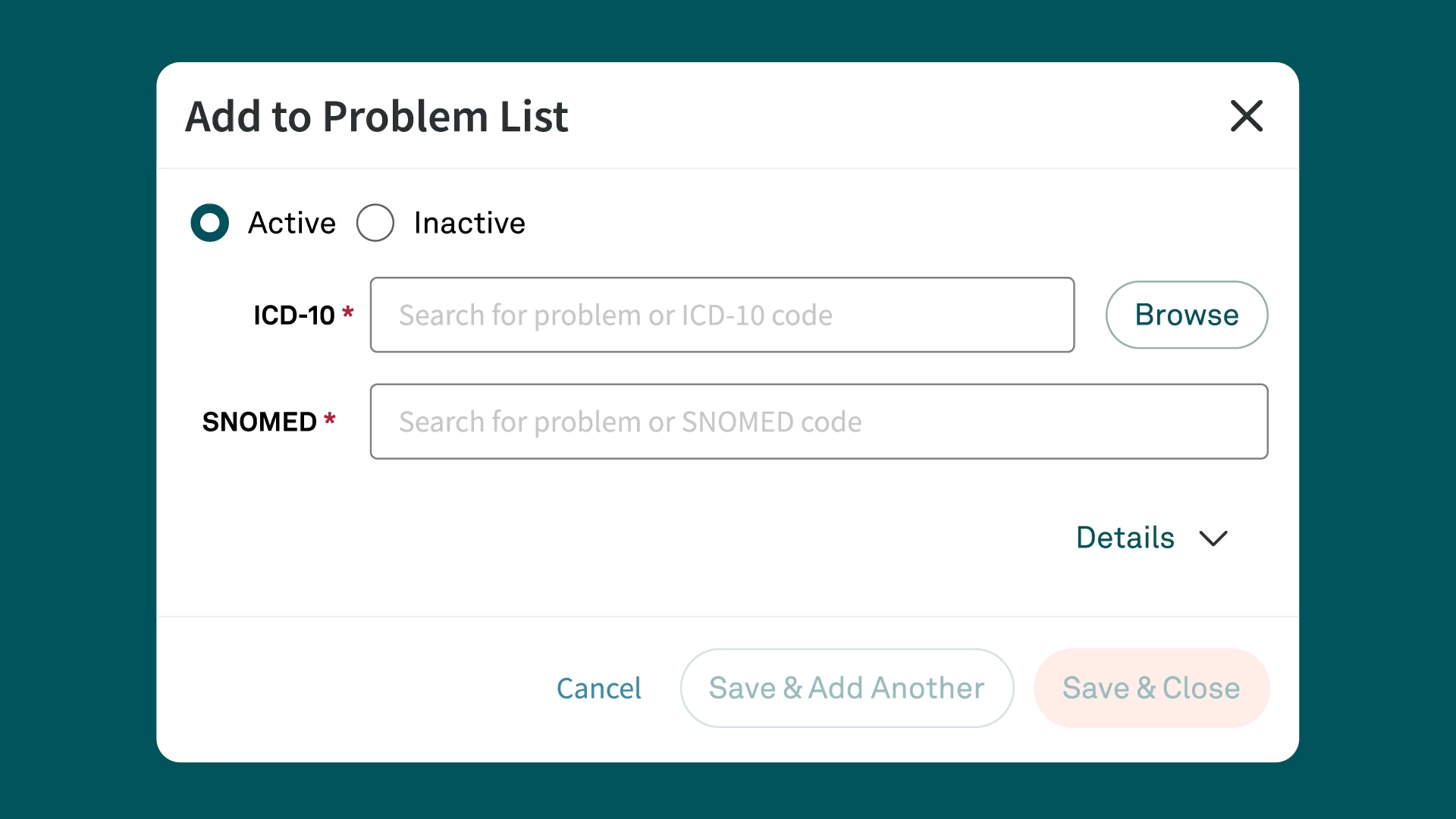ICD-10 Code F33.9
Major depressive disorder, recurrent, unspecified
What is the code F33.9?
The ICD-10-CM code F33.9 refers to major depressive disorder, recurrent, unspecified. This code is used to classify episodes of depression that occur repeatedly over time without specifying the exact nature or severity of these episodes. It is utilized when the documentation does not provide enough detail to classify the depressive episodes into more specific categories.
Detailed description of F33.9
Major depressive disorder, recurrent, unspecified (F33.9) is characterized by repeated episodes of depression. These episodes can vary in intensity and frequency, but they must meet the diagnostic criteria for major depressive episodes as outlined in the Diagnostic and Statistical Manual of Mental Disorders (DSM). This code is often used when the documentation is not sufficiently detailed to classify the depressive episodes into more specific subcategories, such as mild, moderate, or severe.
Symptoms commonly associated with F33.9
Symptoms of major depressive disorder, recurrent, unspecified can include, but are not limited to:
- Persistent feelings of sadness or emptiness
- Loss of interest or pleasure in activities once enjoyed
- Significant weight loss or gain, or changes in appetite
- Insomnia or hypersomnia
- Fatigue or loss of energy
- Feelings of worthlessness or excessive guilt
- Difficulty concentrating or making decisions
- Recurrent thoughts of death or suicide
Related and similar ICD-10 codes
Several ICD-10 codes are related or similar to F33.9, including:
- F32.9: Major depressive disorder, single episode, unspecified
- F33.0: Major depressive disorder, recurrent, mild
- F33.1: Major depressive disorder, recurrent, moderate
- F33.2: Major depressive disorder, recurrent, severe without psychotic features
- F33.3: Major depressive disorder, recurrent, severe with psychotic features
Appropriate usage of F33.9 for billing
For billing purposes, use F33.9 when the patient has recurrent episodes of depression, but the specific details of each episode are not sufficiently documented to classify them further. This code ensures that the patient’s condition is recognized and reimbursed appropriately by insurance providers.
Instructional guidelines for coding F33.9
When using F33.9, it is important to:
- Ensure that the diagnosis meets the criteria for major depressive disorder as per DSM guidelines.
- Document the recurrent nature of the depressive episodes.
- Use F33.9 when the details of the depressive episodes are not sufficient to classify them into more specific categories.
Category F33, Major depressive disorder, recurrent, has an "excludes 1" note for "bipolar disorder (F31–).” When both bipolar disorder and major depressive disorder, recurrent unspecified, have been diagnosed, assign only the code for bipolar disorder (F31–). A code for major depression would not be reported separately.
Another term that may be coded as F33.9 is “monopolar depression NOS.”
Common pitfalls in coding with F33.9
- Using F33.9 when more specific codes could be used if detailed documentation were available.
- Failing to document the recurrent nature of the depressive episodes, which could lead to incorrect coding.
- Not updating the code if more information becomes available later that allows for a more specific classification.
Key resources for F33.9 coding
- CMS ICD-10 Homepage: Provides official resources and guidelines on ICD-10-CM coding.
- WHO ICD-10 Online Browser: Useful for verifying the definitions and relationships between different ICD-10-CM codes.
- American Psychiatric Association's Diagnostic and Statistical Manual of Mental Disorders (DSM-5)
Conclusion
ICD-10-CM code F33.9 is used for classifying recurrent episodes of major depressive disorder when specific details are lacking. Proper usage and documentation support accurate billing and effective patient care. Understanding the symptoms, related codes, and best practices can help healthcare providers and coders ensure the correct application of this code.
Simplify ICD-10 code documentation with Tebra
Tebra’s EHR+ gives you quick searches and Systematized Nomenclature of Medicine (SNOMED) field names for efficient code documentation. Plus, Tebra automatically saves ICD-10 to SNOMED mapping for future searches, streamlining your workflow.

Discover how Tebra helps providers effortlessly document health-related issues and conditions in this detailed post.
Similar Codes
Subscribe to The Intake:
A weekly check-up for your independent practice



